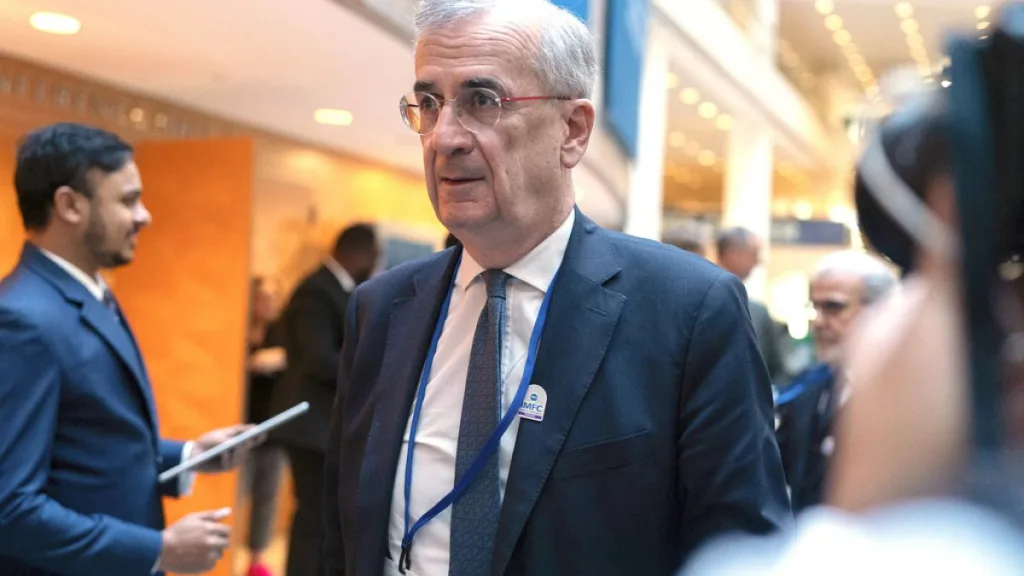The Bank of France’s latest monthly economic survey has uncovered rising uncertainty among businesses operating in Europe’s second-largest economy, with some signs of activity growth in November.
French companies are currently navigating a landscape marked by increased uncertainty, which coincides with a minor uptick in economic activity as reported in the Bank of France’s recent assessment of the national business climate.
The country is also grappling with a political upheaval, sparked by the collapse of Michel Barnier’s government following a no-confidence vote, an event that transpired just three months after its establishment. This instability has left France facing the year 2025 without an approved budget, pending the appointment of a new Prime Minister by President Macron.
The findings from the Bank of France’s survey, which were collected prior to the government’s collapse, highlight a pronounced level of uncertainty among businesses. In particular, the industrial and construction sectors have reported the highest uncertainty levels seen since the energy crisis in 2022.
The survey revealed, “The uncertainty indicator based on company feedback remains notably elevated across all sectors, with businesses citing concerns about the domestic political situation, ongoing tax discussions, and the broader international context.”
Despite these concerns, the Bank of France anticipates a slight positive growth trend in the final quarter of the year. “We project that the underlying activity in France, excluding the exceptional impact of the Olympic Games, will sustain modest growth in the fourth quarter,” the report indicated.
The bank estimates this underlying economic activity to add approximately 0.2 points to GDP but cautions that the repercussions from hosting the Paris Olympic and Paralympic Games could negate this, leading to a net adjustment of -0.2 points.
As a result, the Bank is holding firm to its growth forecast, expecting stagnation in economic activity during the last three months of the year, a stark contrast to the previous quarter’s 0.4% growth, largely driven by the positive impact of the Paris Olympics.
Photo credit & article inspired by: Euronews



